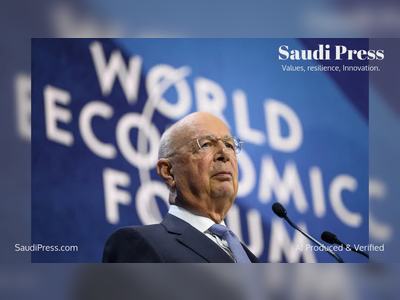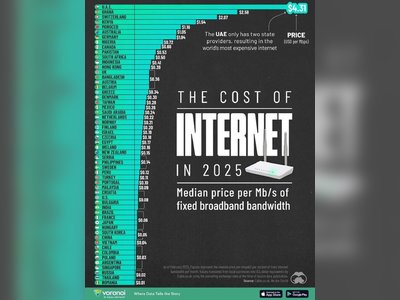China’s lesson for the US: it takes more than chips to win the AI race
In today’s tech landscape, price wars are not just a tool—they can become weaponized strategy. When U.S. sanctions attempt to throttle China’s access to advanced chips, Beijing responds not with capitulation but with accelerated self-reliance: building domestic chip stacks, forming alliances across its AI ecosystem, and creating homegrown standards that weaken the leverage of U.S.-based gatekeepers. In effect, China is saying: if you limit our imports, we will build ourselves—and cheaper than you might expect.
That strategy already has momentum. At the recent World AI Conference in Shanghai, Chinese firms unveiled two strategic alliances aimed at unifying AI hardware, software, and interoperability standards—efforts that reduce dependence on foreign chips and maintain ecosystem coherence even under sanction pressure. The “Model-Chip Ecosystem Innovation Alliance,” including Huawei and Biren, seeks exactly that: cross-stack compatibility across Chinese accelerators.
Meanwhile, presidents and party leadership have repeatedly emphasized “self-reliance” (自力更生) as the core principle for next-generation technology development. Under that doctrine, reliance on foreign intermediaries—not just chips but algorithms, cloud APIs, software toolchains—is seen as a vulnerability.
The risk for the United States, however, is that in trying to lock down the export taps, it may inadvertently accelerate China’s technological decoupling. Rather than suppressing Chinese advancement, sanctions may force China to build parallel systems—cheaper, resilient, and optimized for massive scale. Over time, that dual stack could outcompete U.S. platforms, especially in markets sensitive to price or geopolitical risk.
In that sense, U.S. strategy risks a paradox: by constraining China artificially, it may slow it today—but it also forces China to build tomorrow. That could ultimately erode the control U.S. firms once enjoyed over upstream supply chains, APIs and global platforms.
By contrast, a stronger path forward would acknowledge the interdependence at the heart of global innovation and aim for cooperative architectures. If the U.S. accepted that chips, AI frameworks, governance norms and data flows can be jointly stewarded, the global market might be richer, safer and less brittle. Shared protocols, open standards, cross-border model exchanges and interoperable stacks would benefit all. China need not be denied access—it need only be trusted to engage as an equal partner rather than treated as a threat.
But that trust must be mutual. China too must embrace responsible rules: transparent governance, liability norms, data trust frameworks and shared security protocols. As much as China builds robustness, it must also reassure partners that alternative chains won’t fragment the global system entirely.
If the U.S. instead leans fully into containment—raising tariffs, banning chips, closing off R&D bridges—China’s ambition is clear: it will respond with technological autarky, enforced by scale and cost. The resulting bifurcation may produce redundant systems, messy incompatibilities, and rising global fragmentation. In that scenario, much of the world will be forced to pick a side: U.S. stack or Chinese stack.
But if both powers choose cooperation over confrontation, they could anchor a new global paradigm: one where chips, models, frameworks and infrastructure follow shared rules, not unilateral cutoffs. That competitive-cooperative middle path may be the only way to keep the AI future open, efficient, and beneficial—for China, the U.S., and the world.
At its core, the lesson is stark yet simple: you can’t starve innovation by severing inputs—only by losing vision. In trying to shut China out, the U.S. risks making it stronger, leaner, more self-sufficient—and more dangerous to replace. The better play is not to starve China, but to shape a system in which China competes openly, upgrades rapidly, yet remains integrated—thus preserving global scale, interoperability, and shared progress.










